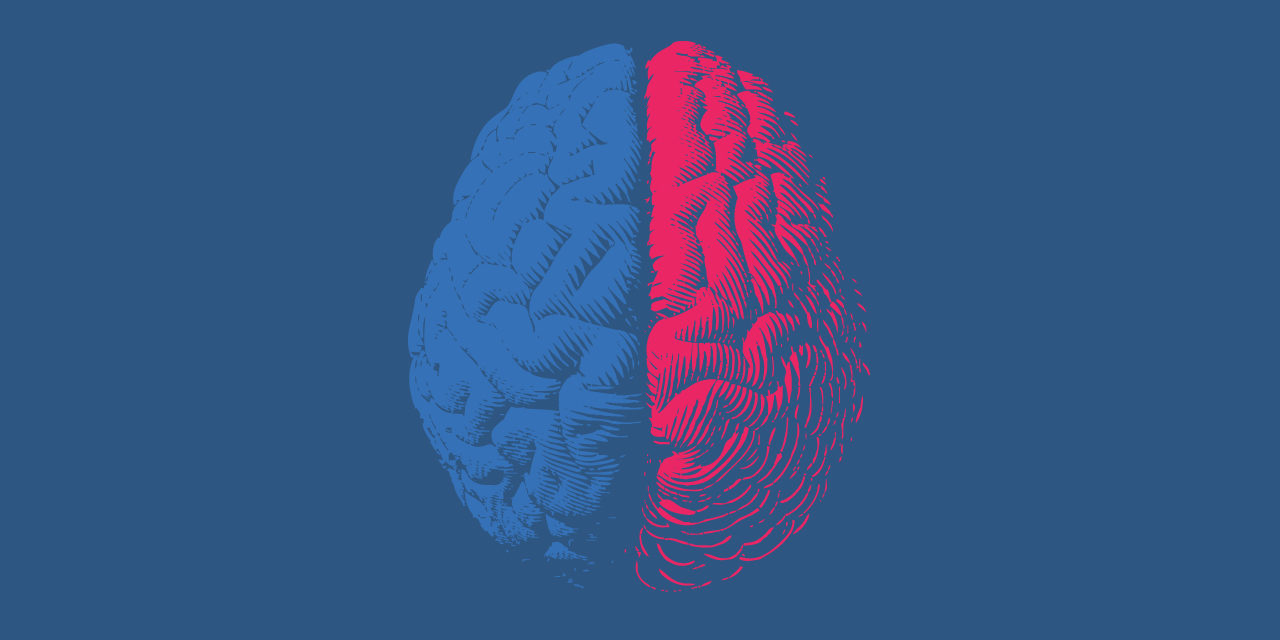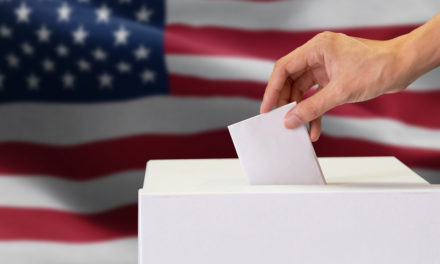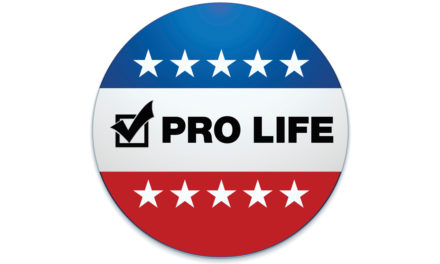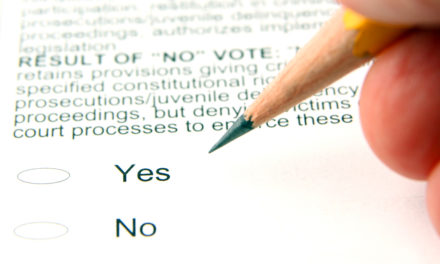Do conservative and liberal voters have different kinds of brains? It’s not a question of whether one group is smarter than the other. That is obvious. One clearly is, but that determination depends completely on our own personal convictions. We believe what we believe because we believe our belief is the smartest position to take. Otherwise, why would we believe it, right? And we are inclined to judge those who agree with us as being smart as well. It’s just human nature. It also goes for people who like the same brand of car, music, food, faith, and books that we do. They do because they are smart.
But a new article over at Scientific American is asking whether conservatives or liberals, Red or Blue Americans, might actually have different brain structures that guide them to one side of the political aisle or the other. They explain that when various voters are put through brain imaging machines in research laboratories, differences are indeed seen in actual brain structure relative to political conviction, particularly in the areas of the brain that process social and emotional information. “On the whole,” Scientific American says, “the research shows, conservatives desire security, predictability and authority more than liberals do, and liberals are more comfortable with novelty, nuance and complexity.”
You probably didn’t know that being a political neuroscientist is a thing, but Hannah Nam of Stony Brook University is one. Her team studied a group of citizens over three years and found some very specific things about the brain and our individual take on political involvement. They noted that ‘larger bilateral amygdala volume was positively correlated with the tendency to believe that the existing social order was legitimate and desirable” and thus, “individuals with larger amygdala volume were less likely to participate in subsequent protest movements.”
Jay Van Bavel, another political neuroscientist working from the Center for Neural Science at New York University holds this might have insight for how we try to persuade others. He says, “Maybe the way to interact with someone who disagrees with me politically is not to try to persuade them on the deep issue, because I might never get there.” He suggests that trying “to understand where they’re coming from and shatter[ing] their stereotypes” about your position might be a more effective strategy.
How our brains impact our political beliefs should not be surprising. As citizens, our participation in civic responsibilities like voting requires thinking and discernment. We must process many levels of abstraction to determine which policy is actually the best for us, our family, our community and the nation, while also considering what is fair to others. This, of course, is related to how we process information, the way our brains work.
But it also has to do with other factors as well. Things like our own faith beliefs, the family we were raised in, our life experiences as well as various socio-economic factors like our work, education, and what part of the country we live in. Scientific American recognizes this, adding “the relationships between the brain and politics is not one-to-one.” They explain that while “these findings are remarkably consistent, they are probabilities, not certainties—meaning there is plenty of individual variability.” And of course, not everyone fits in the same kind of box, regardless of brain structure or political ideology: “The political landscape includes lefties who own guns, right-wingers who drive Priuses and everything in between.” It’s what makes life interesting.
Add to this, a 2019 study conducted by Harvard Business School finding that we all tend to overestimate the negative feelings those who disagree with us have for our own political beliefs. Drawing from eight different investigations, these scholars discovered what they referred to as “a consistent, pernicious inaccuracy in social perception” where “across all scenarios, participants…overestimated the negative perceptions” citizens from the other side of the aisle hold about them. They add that “recent evidence suggests that perceptions of political party polarization in the United States have become more negative and inaccurate over the past four decades.”(emphasis added)
Clearly, humans from varying and substantial beliefs trying to live together peaceably and cooperatively in society is a very complex dynamic. But perhaps the divides between us are not as dramatic as we are sometimes led to believe. Or at least the feelings we have toward one another are not as stark as we assume.
Photo from Shutterstock
Visit our Election 2020 page






